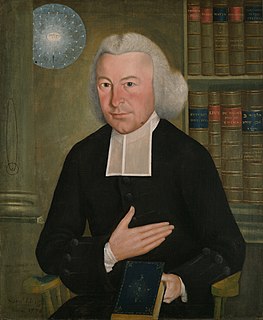A Quote by Charlotte Mary Yonge
When the venture has been made of dealing with historical events and characters, it always seems fair towards the reader to avow what liberties have been taken, and how much of the sketch is founded on history.
Related Quotes
With a historical novel you know that liberties are being taken. Since Walter Scott, we know that poetic license, dramatic license, that events been conflated and that liberties have been taken, characters ditto, dates rearranged. But people don't seem to understand that movies are fictions, they are dramatizations, at least historical movies, and we should accord the moviemakers some of the same understanding and latitude. When you go to a movie you know it's a dramatization and not history.
I've been writing American history for a long time, and I've had a hard time finding strong, interesting female characters. There are women, of course, in American history, but they're hard to write about because they don't leave much of a historical trace, and they're not usually involved in high-profile public events.
All the forms of civil polity have been tried by mankind, except one, and that seems to have been reserved in Providence to be realized in America. Most of the states, of all ages ...have been founded in rapacity, usurpation, and injustice; so that in the contests recorded in history ...the military history of all nations being but a description of the wars and invasions of the mutual robbers and devastators of the human race.
As long as I'm dealing in honesty, I may as well admit that I have been more influenced (as a person) by my childhood readings of Tolkien and Lewis than I have been by any philosophers I read in college and grad school. The events and characters in Narnia and Middle Earth shaped my ideals, my dreams, my goals. Kant just annoyed me.
If we're ignorant of the historical sacrifices that made our liberties possible, we will be less likely to make the sacrifices again so that those liberties are preserved for future generations. And, if we're ignorant, we won't even know when government infringes on our liberties. Moreover, we'll happily cast our votes for those who'd destroy our liberties.





































